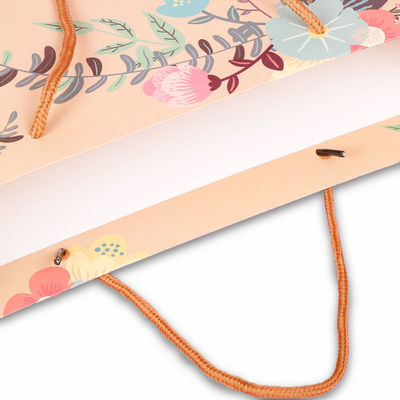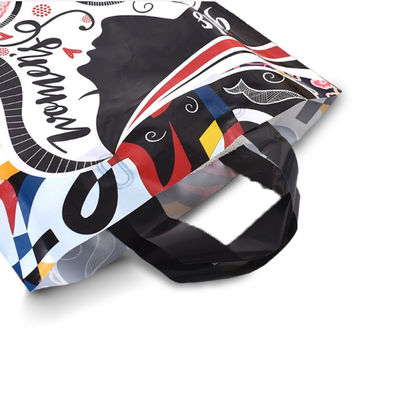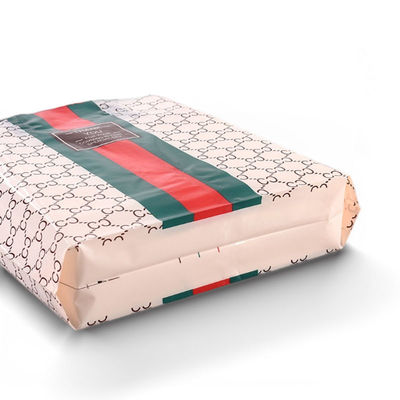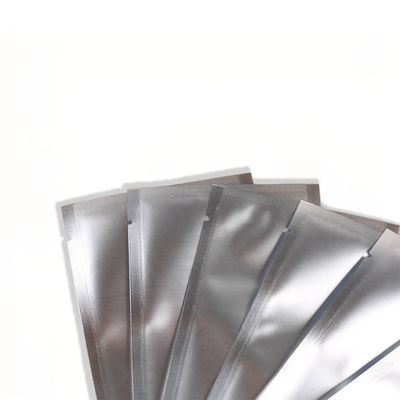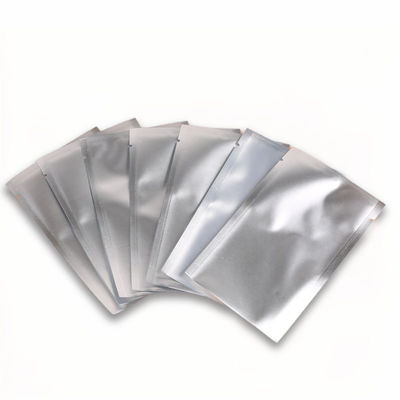Customized Reusable Plastic shopping bags Waterproof bags for Retail
Paper shopping bags Description
Paper shopping bags are easy to carry, fold, and store due to their compact size and lightweight nature. They often come with handles, making them convenient for shoppers to transport their purchases.
Plastic shopping bags are lightweight yet strong enough to carry groceries, clothing, and other items. They are designed to withstand the weight of common shopping items without tearing or breaking.
| Product Name: |
Reusable Shopping Bag |
| Material: |
Paper |
| Advantage: |
Waterproof, Light In Weight |
| Feather: |
High Resistant, Recyclable |
| Application: |
Supermarket, Hypermarket Use |
| Size: |
Small, Medium, Large |
| Customization: |
Size, Color, Printing, And Handle Type Can Be Customized |
| Usage: |
Retail, Grocery, Or Promotional |
| Sealing: |
Three-sided Sealing |
| Eco-Friendly: |
Recyclable, Reusable |
| Durability: |
Strong, Tear-resistant |
| Logo: |
OEM |
Cost-Effective:
Paper shopping bags are relatively inexpensive to produce, which contributes to their widespread use in retail environments. Their affordability makes them a cost-effective packaging option for retailers.
Environmental Concerns:
Paper shopping bags have been a subject of environmental concern due to their impact on the environment. They are not biodegradable and can persist in the environment for hundreds of years. Improper disposal or littering of plastic bags can contribute to pollution, harm wildlife, and clog drainage systems. Many countries have implemented measures to reduce the use of single-use plastic bags, such as implementing fees or bans.



Faqs
Here are some frequently asked questions (FAQs) about paper shopping bags:
Q1: Are Paper shopping bags recyclable?
A1: Yes, many paper shopping bags can be recycled. However, the ability to recycle them depends on local recycling facilities and programs. It's important to check with your local recycling guidelines to determine if plastic bags are accepted and if any specific instructions need to be followed, such as bag collection points or requirements to separate them from other recyclables.
Q2: How long does it take for papershopping bags to decompose?
A2: Paper shopping bags can take hundreds of years to decompose in the environment. Due to their composition and resistance to natural degradation processes, they persist in landfills and can contribute to pollution if not properly managed.
Q3: What are some alternatives to paper shopping bags?
A3: There are several alternatives to plastic shopping bags, including reusable bags made from materials like cotton, canvas, jute, or recycled materials. These reusable bags are sturdier, can be used multiple times, and help reduce the consumption of single-use plastic bags. Additionally, paper bags are another option, although they have their own environmental considerations related to resource consumption and production impacts.
Q4: Why are paper shopping bags a concern for the environment?
A4: Paper shopping bags pose environmental concerns due to their persistence in the environment, potential for littering, and impacts on wildlife. Improper disposal of plastic bags can result in them ending up in waterways or natural habitats, where they can harm marine life and other animals. Additionally, the production of plastic bags contributes to the consumption of fossil fuels and the emission of greenhouse gases.
Q5: Are there any regulations regarding paper shopping bags?
A5: Regulations regarding plastic shopping bags vary by region and country. Some areas have implemented measures to reduce the use of single-use plastic bags, such as imposing fees, implementing bans, or promoting reusable alternatives. It's important to stay informed about local regulations and support initiatives aimed at reducing plastic waste.

 Your message must be between 20-3,000 characters!
Your message must be between 20-3,000 characters! Please check your E-mail!
Please check your E-mail!  Your message must be between 20-3,000 characters!
Your message must be between 20-3,000 characters! Please check your E-mail!
Please check your E-mail! 












